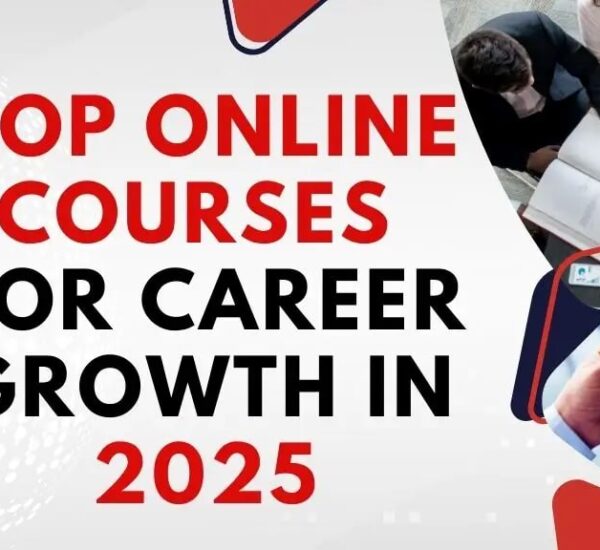In today’s rapidly evolving world, equipping students with the right skills is paramount to ensure their success beyond the classroom. Educators, parents, businesses, and community members all play a crucial role in this endeavor. This article delves into the essential skills students need and explores effective strategies to cultivate them.
Top 10 Essential Skills for Future-Ready Students
Adaptive Thinking
With technology and industries constantly evolving, students must learn how to learn. Adaptive thinking enables them to navigate new challenges and acquire skills efficiently.
Communication Skills
Effective communication, both verbal and digital, is vital. Students should be adept at conveying ideas clearly across various platforms and to diverse audiences.
Collaboration Skills
Teamwork is integral in most professional settings. Students should experience collaborative projects that mirror real-world scenarios, fostering teamwork and mutual respect.
Critical Thinking and Problem Solving
Beyond rote learning, students should engage in activities that challenge them to analyze situations, think critically, and devise innovative solutions.
Personal Management
Time management, organization, and self-motivation are key. Encouraging students to set goals and monitor their progress fosters independence.
Inquiry Skills
Cultivating curiosity by encouraging students to ask questions leads to deeper understanding and continuous learning.
Technology Proficiency
In our digital age, students must be comfortable with various technologies, understanding their applications and implications.
Creativity and Innovation
Encouraging creative thinking allows students to approach problems uniquely and develop original ideas.
Soft Skills
Attributes like empathy, adaptability, and interpersonal skills are essential for personal and professional relationships.
Empathy and Perspective
Understanding and valuing diverse perspectives fosters a more inclusive and compassionate worldview.
Implementing Effective Strategies in the Classroom
To nurture these skills, educators can adopt the following approaches:
Project-Based Learning (PBL):
Engaging students in real-world projects enhances critical thinking, collaboration, and problem-solving skills. PBL encourages students to take ownership of their learning and see the relevance of their studies.
Interdisciplinary Projects:
Combining subjects like science, technology, engineering, arts, and mathematics (STEAM) allows students to make connections across disciplines, promoting holistic understanding.
Technology Integration:
Incorporating digital tools and platforms prepares students for the technological demands of modern workplaces. It also enhances engagement and facilitates innovative learning experiences.
Reflective Practices:
Encouraging students to reflect on their learning processes helps them identify strengths, areas for improvement, and strategies for future tasks.
Collaborative Learning Environments:
Creating spaces where students can work together on tasks fosters mutual respect, communication, and shared responsibility.
Conclusion
Preparing students for future success requires a concerted effort to equip them with both academic knowledge and essential life skills. By integrating strategies like project-based learning, interdisciplinary projects, and technology integration, educators can create dynamic learning environments that foster these competencies. Engaging students in meaningful, real-world tasks not only enhances their academic performance but also prepares them to navigate the complexities of the modern world confidently.


